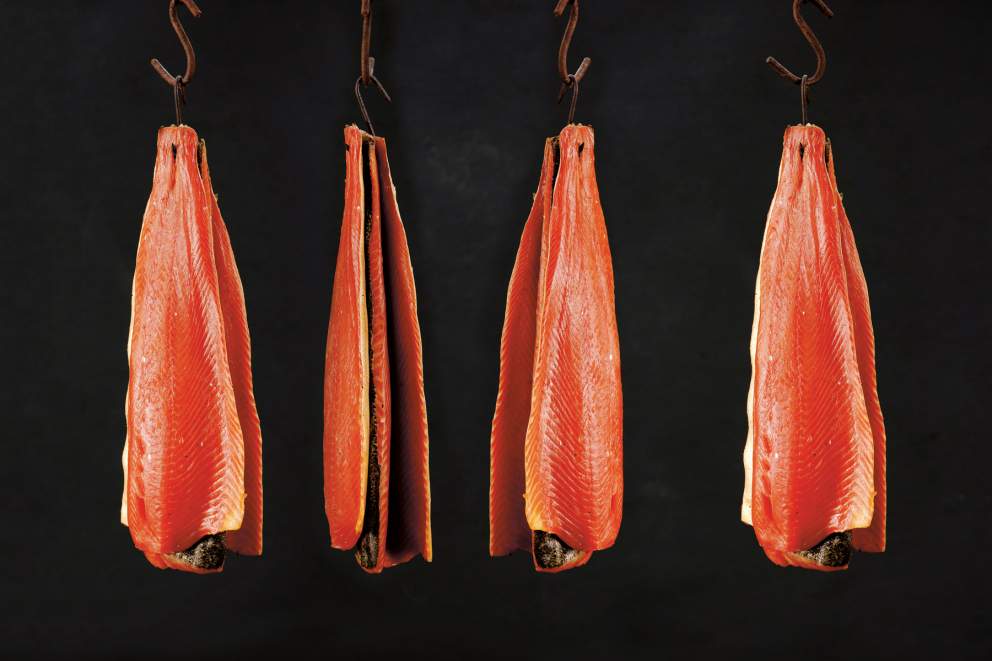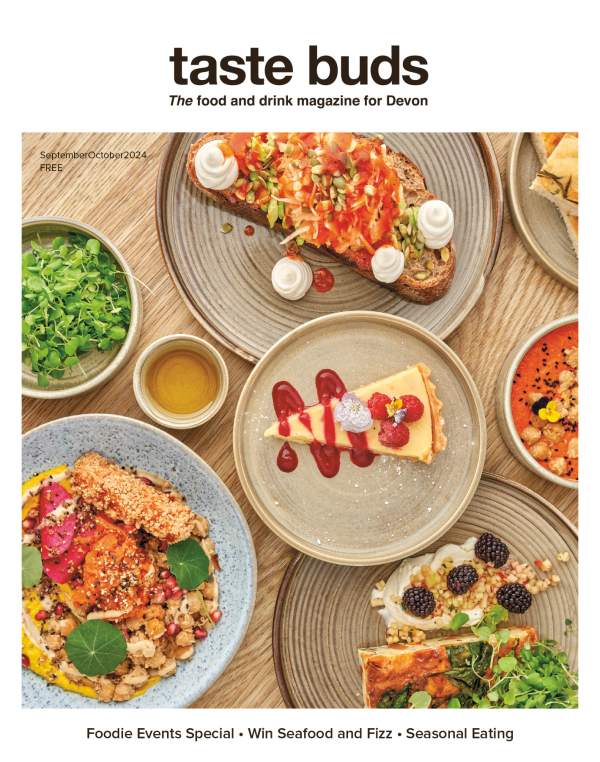On behalf of Food Drink Devon, Martin Hesp discusses the plight of the fishing industry

Just when we thought things couldn’t get any worse, they did. That’s what many in the South West fishing industry must have felt after the service sector closed its shutters during the Covid lockdowns. Restaurants and pubs make up a sizeable percentage of the Devon and Cornish fishing industry’s local customer base.
In recent months, the seafood industry has found itself being kicked further into touch by a highly critical documentary on Netflix, which has been watched by millions around the world. Seaspiracy – directed and narrated by British filmmaker Ali Tabrizi – has caused vast numbers of viewers to declare they will never eat fish again.
Even though a small tsunami of media coverage has been created by conservation and sustainability experts highlighting its dubious reporting and pointing to the large number of inaccuracies, this film has undoubtedly caused enormous damage to the wider seafood industry.
But not, it seems, here in the ocean-bound West Country peninsula where fish stocks are, for the most part, reasonably stable and, in some cases, increasing. Anyone with any knowledge of, or interest in, this region’s seafood industry who has watched Seaspiracy will have noticed that the documentary does not go anywhere near the kind of smaller scale, highly regulated and largely sustainable forms of fishing that tend to be carried out around the shores of Devon and Cornwall. Perhaps customers are aware of this sustainability as it seems that ‘buying local’ is vital to the success of those who sell fish within Devon.
We talked to two purveyors of seafood and one trout farm operator, who highlighted the importance of sourcing local seafood and fish. “Being a seafood producer in Devon is great. Firstly, we have two of the largest fish markets in England on our doorstep, which means that we have access to a huge range of incredible seafood, fresh from the boat,” says Aarik Persaud, owner of Cormacks Seafood in Totnes. “We can buy direct from local fishermen who fish in small dayboats. Commercially, it’s great to have this level of transparency and traceability.”
Aarik continues: “On a personal level, it feels good to know exactly where the seafood is coming from and to support other small businesses. There’s a real community feel to do what we do.”
Matthew Sessions, director at River Teign Shellfish, says much the same thing: “It is hard work but very rewarding to provide our community with local shellfish. We can have the most amazing days out fishing when the weather is sunny but even on the worst of days when the wind is howling and the rain is wild, we still need to get out to fish the mussels. It is extremely rewarding to know that our local customers enjoy our products and are still supporting us through these tough times. It’s always worth the hard work our team puts in.”
John Nickell, who farms trout at Blakewell, says: “What is in the public eye – with reference to fish production and fishing – is sustainable species and sustainable jobs within these industries. Any method of farming, hunting or fishing that causes harm to our ecology is not good at this time.”
“We are lucky in North Devon – the climate and water source off the hills of Exmoor make it a perfect environment for us to hand-rear rainbow trout on the farm at Blakewell. Smoking salmon and trout here is genuine ‘slow food’ from a rural environment. Devon is a highly respected and desirable county to source high-quality local food from and to be a primary producer in, and part of this momentum makes our business ideally placed.”
Aarik adds: “I think Covid, as well as the climate-change crisis, has made everyone think a little bit harder about where they get their food from and who their money is supporting. There has been a real push to eat and buy local food, and support small businesses. People want their local high street to be a thriving, lively place but to achieve that we need to support local artisans, producers and retailers. Sure, it’s maybe a bit more expensive than buying from a big box store but there is always the option of just buying a little bit less or more infrequently.”
Matthew says that he’s hoping this summer will be a good one. “We can provide more shellfish to our home delivery customers as the sun shines. With everything beginning to get back to some normality and the hospitality industry opening up, we will get busier and be able to provide our quality shellfish for everyone to enjoy.”
“Our new smoked products are hot right now. We have recently started smoking mussels and oysters which are so versatile. They can be eaten straight from the pot or added to salads, pasta dishes and so much more,” says Matthew.
All too often, food fads and fashions triggered by media headlines can totally overlook good sustainable practices being carried out at a local level. Having a comprehensive knowledge of your food and where it comes from is the important thing – and fish is no exception.
As part of its ongoing media partnership with Taste Buds, this is a series of articles written by Food Drink Devon.
Six times a year, delivered to your door
Annual subscription: £15
Single Issue: £3
September October 2024 issue out now
Try before you buy. View digital edition
Go to Shop